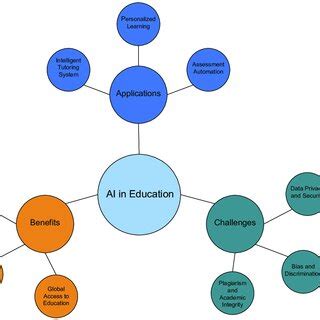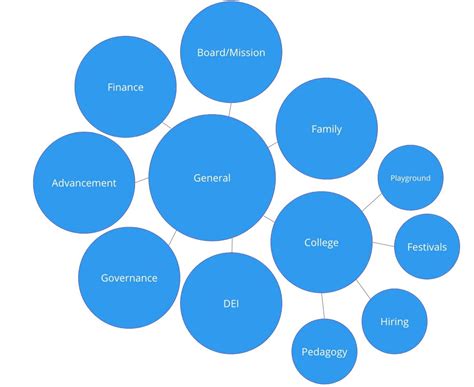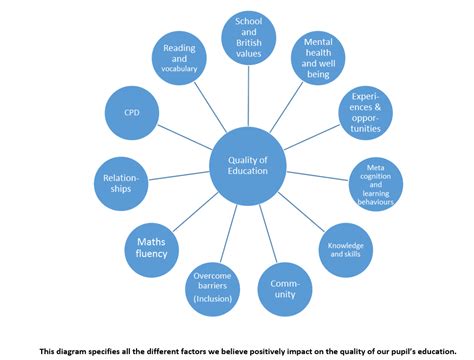In the modern professional landscape, building and maintaining authentic relationships is crucial for career growth. Networking is more than just meeting new people; it’s about forming genuine connections that can support and enhance your career over time. This article delves into key strategies for mastering networking skills, emphasizing the importance of authenticity, effective communication, and a diverse network. You’ll also learn how to sustain these connections long-term and leverage them for career opportunities. By understanding and applying these principles, you can create a strong, supportive network that not only boosts your career but also enriches your professional life.
Dive deep into this topic alongside gamesweed.com
1. The Importance of Authenticity in Professional Networking
In the realm of professional networking, authenticity serves as the cornerstone for success. Amidst a landscape often characterized by superficial connections, genuine relationships emerge as a beacon of value, leaving a lasting impact. Embracing authenticity in your networking endeavors cultivates trust and credibility, crucial elements for meaningful professional interactions. This genuine approach fosters engagement and collaboration, as individuals are drawn to those they perceive as honest, reliable, and genuinely invested in shared success.
Authentic networking stems from aligning your efforts with your core values, passions, and aspirations. It necessitates active listening, genuine empathy, and transparent communication of your goals. Instead of prioritizing self-gain, authenticity fosters a reciprocal exchange, where both parties derive value from the connection. This mindset not only cultivates stronger relationships but also paves the way for more productive and fulfilling professional partnerships.
Authenticity in networking is key to attracting like-minded individuals who share your vision and values. This creates a supportive network that fuels your long-term career aspirations. Remember, it’s not about the number of connections you have, but the quality of those relationships that truly drives career growth.

2. Effective Communication Techniques for Building Strong Connections
Strong professional connections are built on the foundation of effective communication. This goes beyond simply exchanging information; it involves active engagement that cultivates understanding and rapport. Active listening is a crucial technique that demonstrates your appreciation for the other person’s input and genuine interest in their perspectives. By listening attentively, you can respond with more thoughtfulness, fostering a dialogue that is both meaningful and productive.
Effective communication hinges on clarity and conciseness. Express your ideas directly and articulately, steering clear of jargon or ambiguity. This clarity minimizes misinterpretations and ensures your message is understood as intended. Moreover, nonverbal communication, including eye contact, body language, and tone of voice, significantly influences how your message is perceived. Positive nonverbal cues strengthen your words and foster trust.
Empathy, another crucial aspect, involves understanding and acknowledging the emotions and perspectives of others. By demonstrating empathy, you foster a supportive environment where colleagues feel comfortable sharing their thoughts and ideas.
Last but not least, follow-up is essential to sustain the connection. A short message or note after a meeting can solidify the relationship and demonstrate your appreciation for the interaction. These communication methods are crucial for fostering enduring professional relationships founded on mutual respect and trust.

3. Strategies for Expanding and Diversifying Your Professional Network
Expanding and diversifying your professional network is essential for unlocking new opportunities and gaining fresh perspectives. To effectively grow your network, actively participate in industry events, conferences, and workshops. These gatherings provide a platform to connect with professionals beyond your immediate circle, introducing you to new contacts and keeping you abreast of the latest industry trends.
Another strategy is to utilize online platforms like LinkedIn, which provide an opportunity to connect with professionals from a variety of industries and backgrounds. Actively engaging in online discussions, joining relevant groups, and sharing insightful content can help you build a diverse network of connections.
Volunteering for projects or joining professional organizations offers a fantastic opportunity to connect with individuals possessing diverse skills and experiences. These activities typically unite people with common interests or goals, creating an organic environment conducive to forging relationships.
Finally, remember the importance of reaching out to acquaintances and rekindling connections with past colleagues. Building your network isn’t solely about forging new relationships; it’s equally about nurturing and sustaining existing ones. By actively cultivating diverse connections, you can establish a robust and multifaceted network that fosters your ongoing career development.

4. How to Maintain Long-Term Professional Relationships
Nurturing enduring professional relationships necessitates sustained effort and focus. Consistent communication is paramount; regular check-ins, be it through emails, phone calls, or face-to-face meetings, contribute to an active and relevant bond. Even a concise message sharing an engaging article or inquiring about recent happenings in their lives can underscore the significance you place on the connection.
Reciprocity is another vital component of strong relationships. Mutual benefit is essential, so offering help and support when required is crucial. Whether you provide a referral, share valuable advice, or simply lend a listening ear, demonstrating your commitment to the success of others reinforces the connection between you.
Personalization is key to building strong relationships. Taking the time to remember details about a colleague’s life, like their hobbies, significant dates, or accomplishments, demonstrates that you view them as more than just a professional contact. This personal touch can deepen the connection, fostering a sense of trust and camaraderie.
Lastly, embrace the natural evolution of your relationship. As your careers advance, your roles and circumstances will likely shift. This change presents an opportunity to explore new ways to collaborate and support one another. By maintaining flexibility and dedicating yourselves to the relationship, you can guarantee its continued growth and mutual benefit over time.
5. Leveraging Networking for Career Growth and Opportunities
Expanding your career and unlocking new opportunities requires strategic use of your professional network. Start by defining your career goals and understanding how your connections can help you achieve them. Whether you’re looking for a mentor, seeking guidance, or exploring new job prospects, your network can offer invaluable resources and support.
Staying informed about industry trends and sharing relevant insights with your network is a powerful strategy. By showcasing your knowledge and engagement, you raise your profile and attract opportunities. Furthermore, don’t be afraid to request introductions or recommendations when seeking new roles or projects – a strong referral can substantially boost your chances of success.
Supporting your network is equally important by offering help and sharing opportunities. This reciprocal approach not only strengthens your connections but also maintains a dynamic and mutually beneficial resource.
Last but not least, make a habit of reviewing and growing your professional network to encompass a range of viewpoints and skills. A broad and diverse network can unlock unforeseen opportunities and provide a more robust support system as you advance in your career.
Mastering networking skills is essential for building and sustaining professional relationships that drive career growth. By focusing on authenticity, effective communication, and proactive engagement, you can create meaningful connections that offer long-term benefits. Expanding and diversifying your network while maintaining strong relationships will open doors to new opportunities and support your professional development. Embrace these strategies to cultivate a robust network that not only enhances your career but also enriches your professional journey.
gamesweed.com